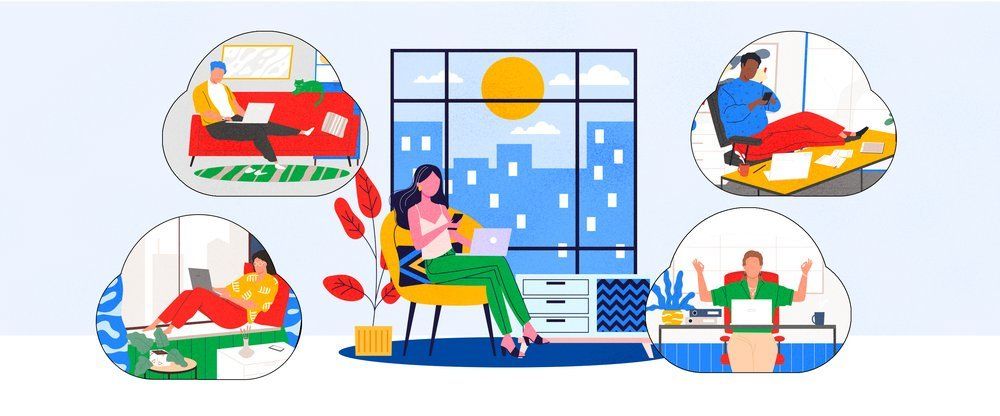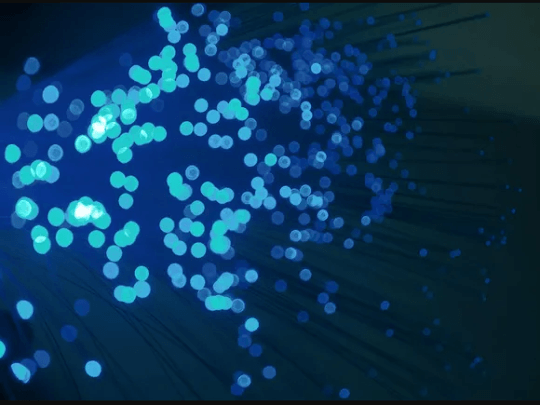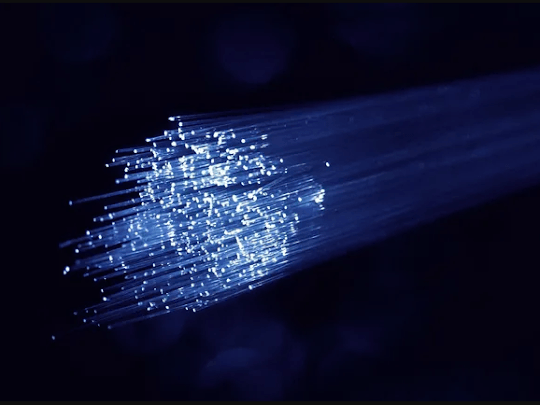Happy 11th Birthday Windows XP – Not Quite Dead Yet
Today Microsoft is in New York starting its festivities for Windows 8 , its latest operating system that promises to merge tablet and PC computing into a brand new environment. However, in the back room Windows XP is quietly celebrating its 11th birthday. October 25th, 2001 was the day Windows XP was unleashed, becoming the most successful operating system in history.
I’m sure Microsoft hopes to have the same success with Windows 8, but its track-record has been hit and miss…history shows the “odd” number releases are usually the good ones. We’ll have to see if Windows 8 breaks that mold.
Windows XP was so successful because it solved a lot of pain-points for PC users at the time. Hardware installation, file limitations, memory management…all of these issues made computers more of a complicated tool rather than the appliance-like device it is seen as today. Windows XP is the product that made that possible. Its so well made that even 11 years after its introduction, XP is still used 41% of the world’s personal computers as of September 2012. Only the much newer Windows 7 has a larger share, and it didn’t surpass Windows XP until August!
All is not well with Windows XP however, and its longevity is quickly coming to an end. Back in 2001, XP was the crown jewel of Microsoft’s security and vision– but things change quickly. We’re doing things on the Internet today that weren’t even imagined back then, and that led to Microsoft having to release 1000’s of patches and three complete service packs to fix security holes and compatibility issues over the years. You can only put duct tape on something so many times before deciding it needs to be replaced, and Windows XP actually came to that point in March 2011 when it declared that new versions of Internet Explorer no longer be compatible. IE9’s focus is security, and XP’s background has way too many holes in it to even bother. Microsoft has still continued official software support for the operating system until April 8th, 2014…just 18 months from now. After that, the line is cut and all support for Windows XP will be discontinued.
So, where does that leave people still using this classic operating system? Not in a very good place. As the cutoff date looms, fewer and fewer developers are going to be including Windows XP compatibility in their products. Since no updates are provided for Internet Explorer 8, websites are going to become less functional, forcing the use of an alternative web browser such as Chrome of Firefox . Finally, you’re going to get to the point where you’re spending more time looking for workarounds to get things working than actually doing work.
Upgrading options are also limited. If you purchased a Windows XP PC in the 2005-2007 range, you may be able to simply purchase an upgrade to Windows 7 and continue on your way. PC’s that are much older than that may be too limited to handle a more modern version of Windows, forcing the purchase of a new computer…which is scary to many people. Cloud services such as Google Drive , Picassa , Online Backup , and such store important documents and photos on the Internet, allowing the transition to a new PC much easier. Still, it can be a lot of work. If you approach it from the perspective of “Maybe I’ll get another 10 years out of my new computer,” it doesn’t seem so bad (and you know you’ll be happier in the long run).
So, Happy Birthday Windows XP! You got us here, we’re grateful…and we’ll make sure your retirement home has the best shuffleboard lanes and buffets available.








